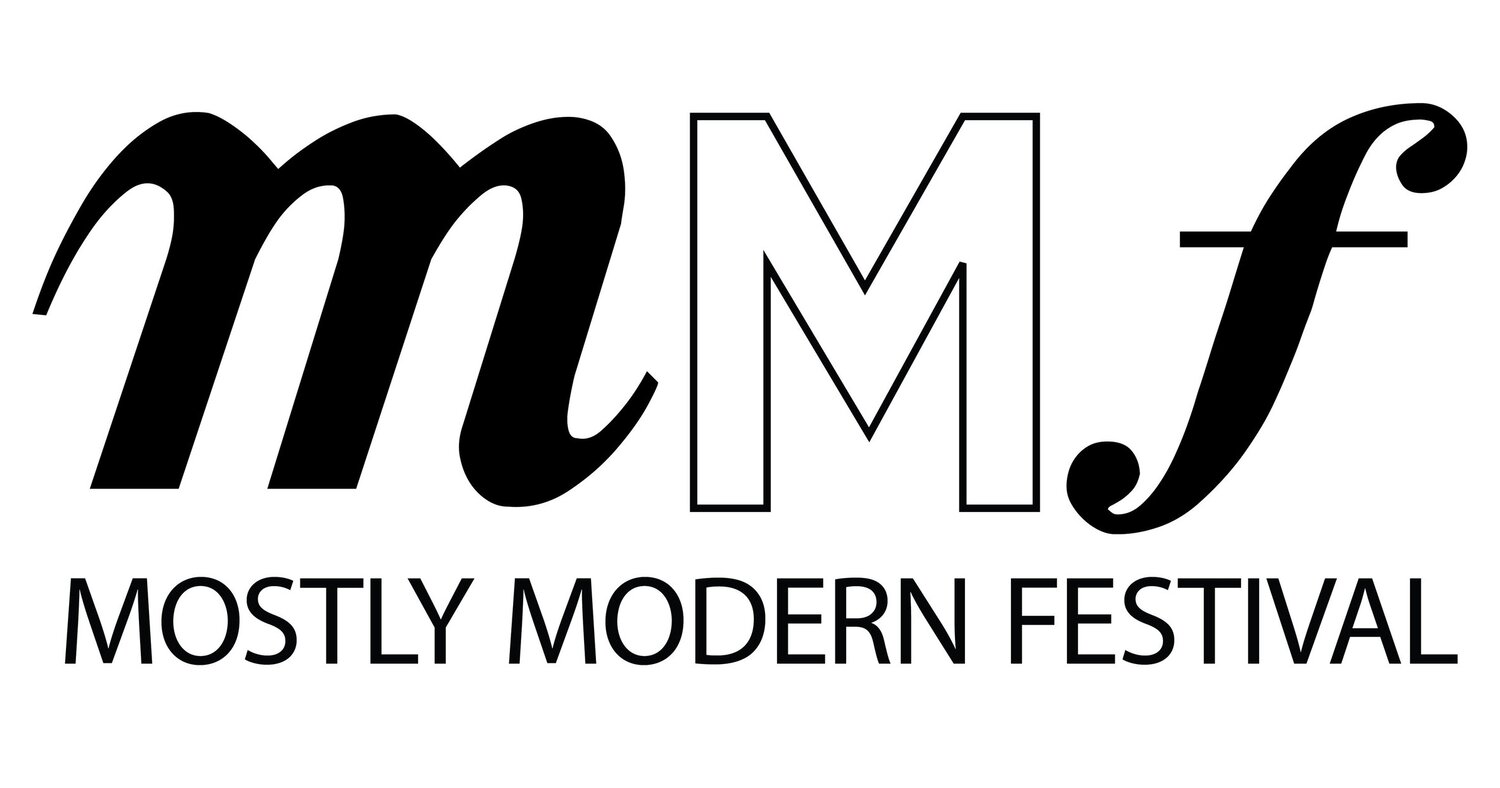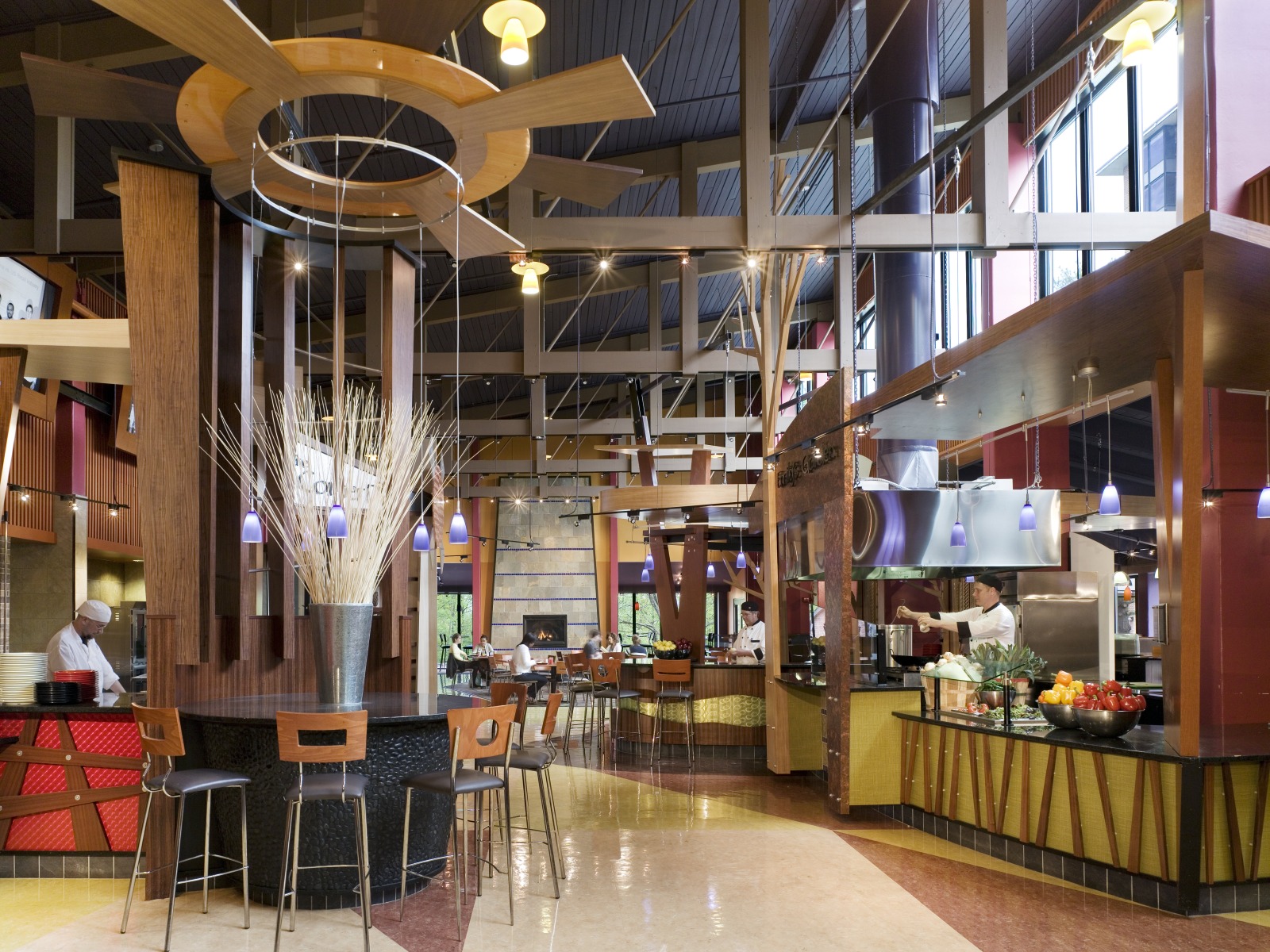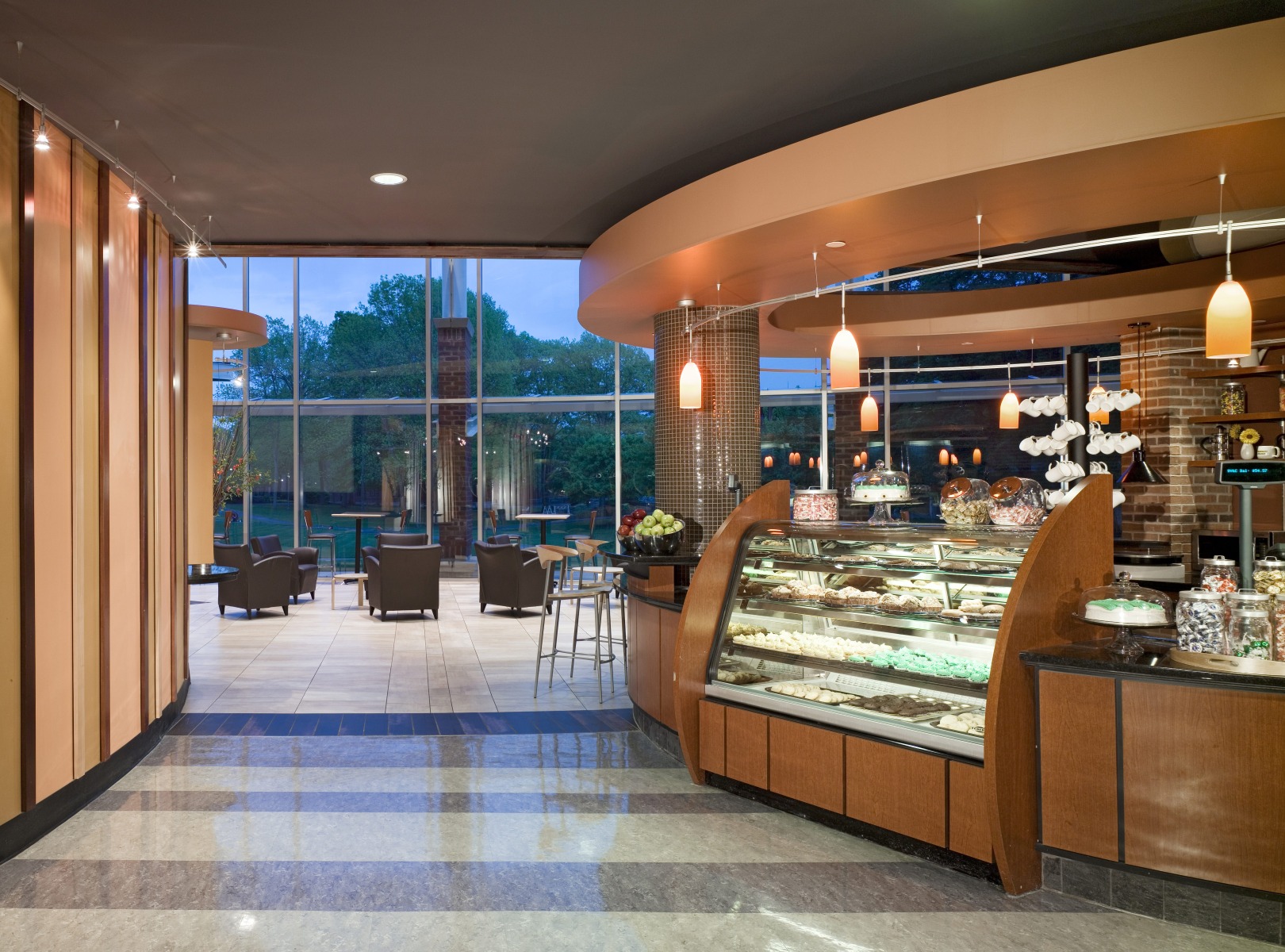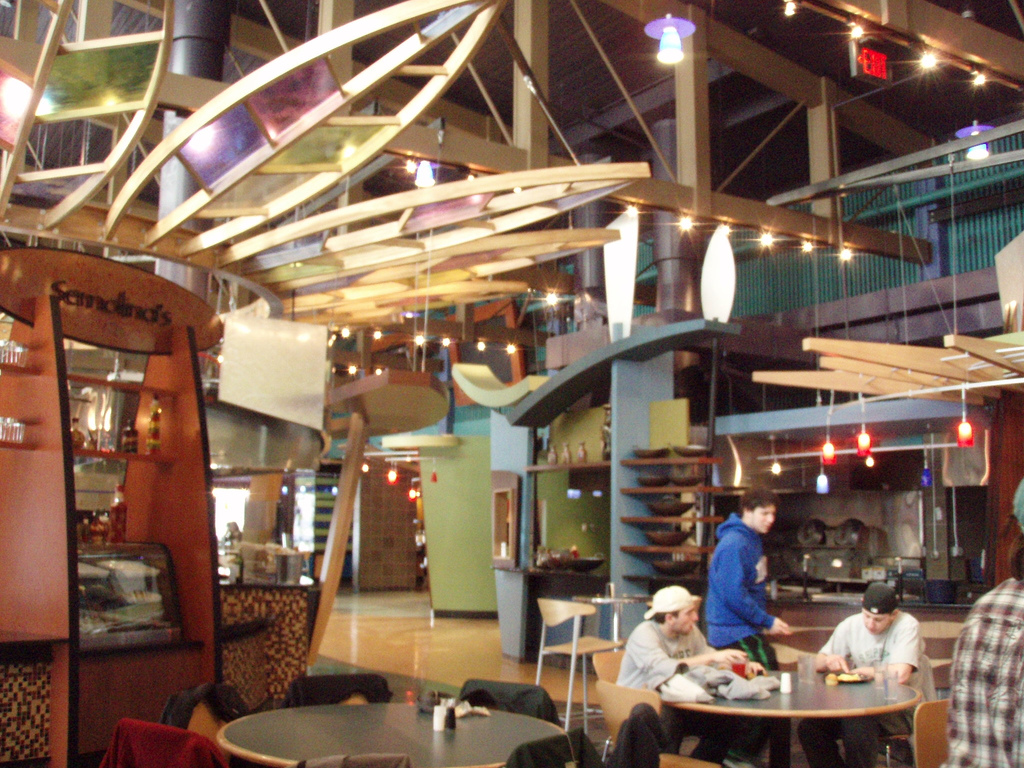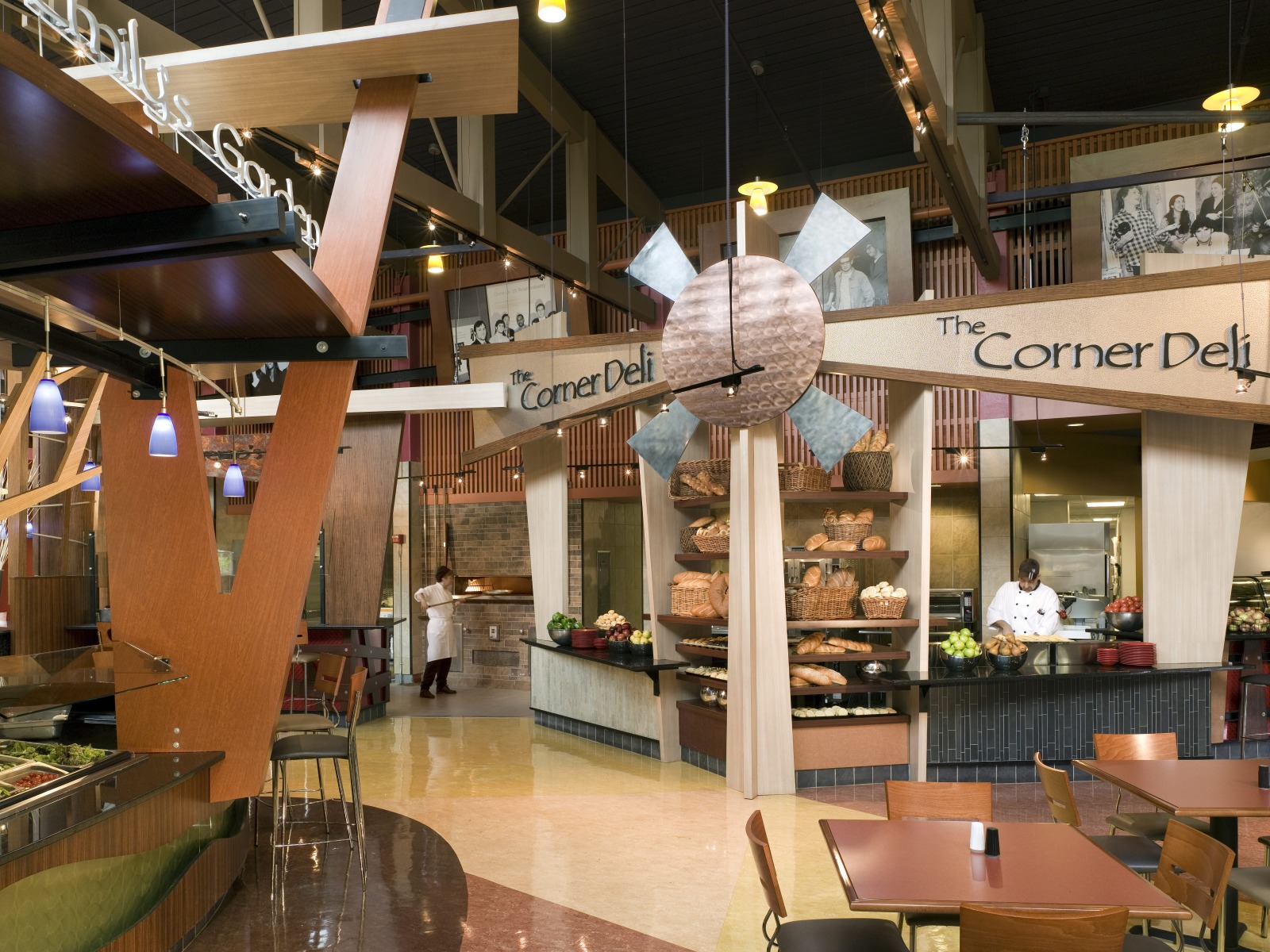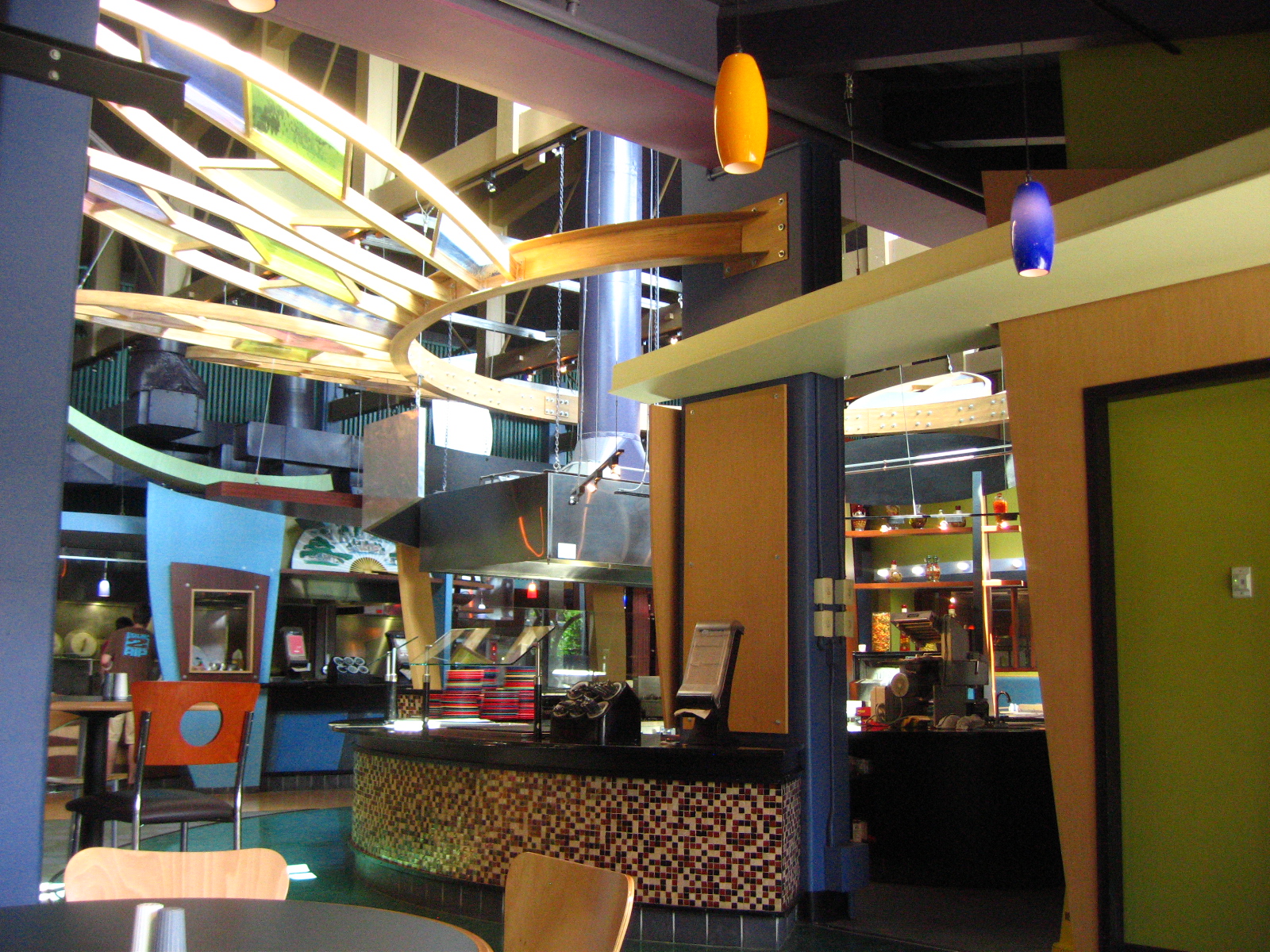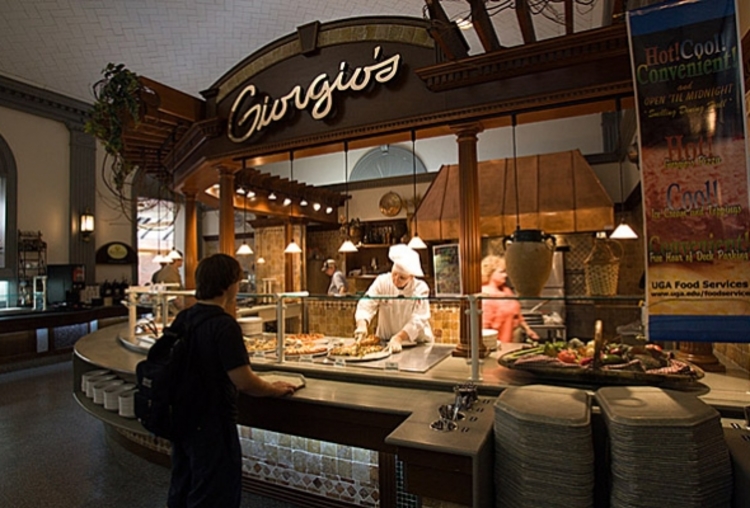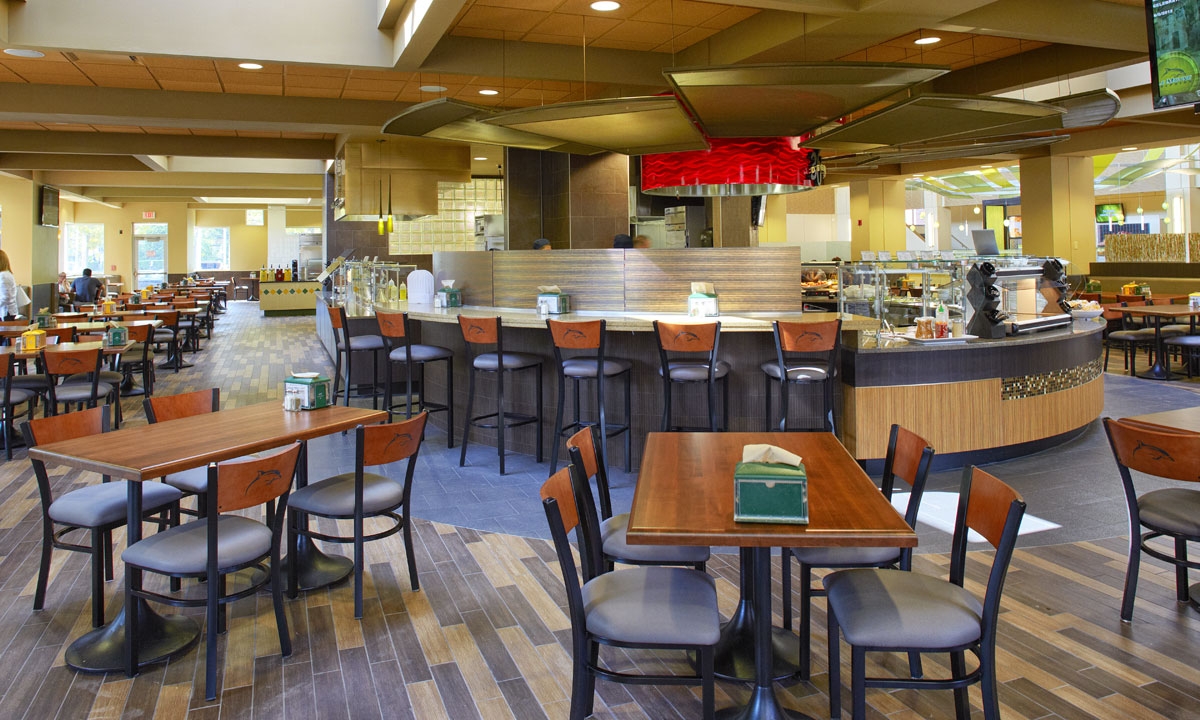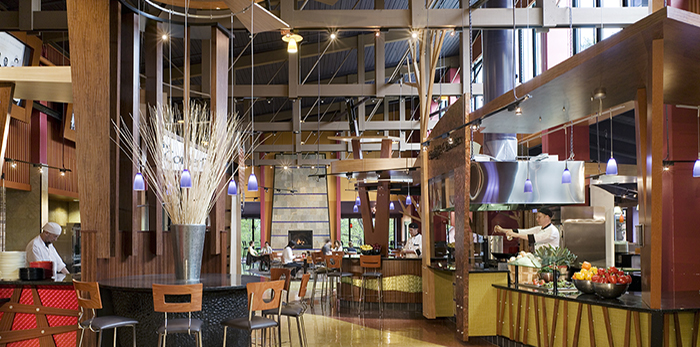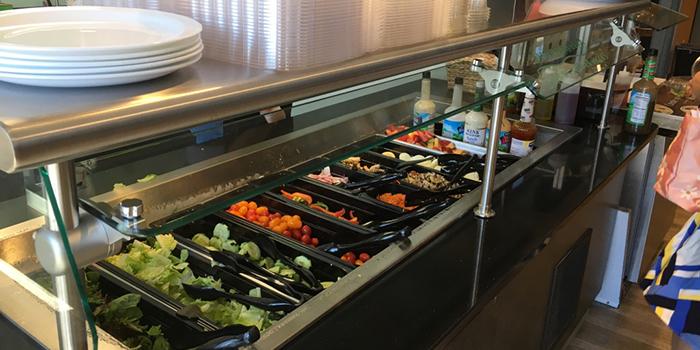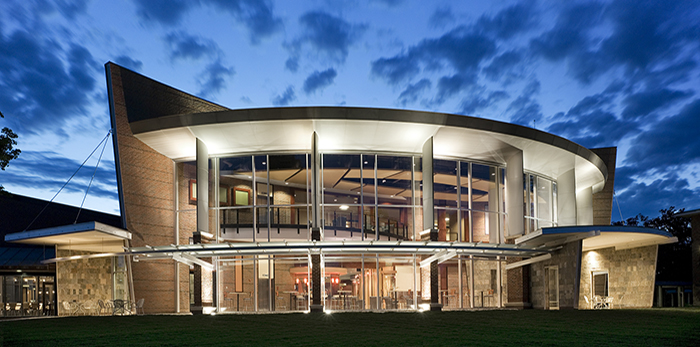Frequently Asked Questions
Click any question to view its answer or use the links below to navigate through the sections.
Top Five Questions | Application, Acceptance, and Tuition | Room and Board | Private Lessons and Masterclasses | Composer Rehearsals | Recordings
Practicing and Building Hours | For Composers | For Conductors | Concert Details | Concerto Competition | Credit and Licensing Agency Information
Wifi and Cellular Access | Printing and Copying | Information For Those With Special Needs/Non-Discrimination Policy | Still Have Questions?
Top Five Questions
+ What fellowships are available? Are there scholarships too?
+ What are the deadlines to apply? Application fees?
+ When and where does the festival take place?
+ How much is the tuition?
+ Are there one-on-one lessons?
Application, Acceptance and Tuition
+ What does tuition cover?
+ May I apply if I am under 18 years of age? Is there an age limit?
+ May I apply if I am not a U.S. citizen?
+ What if I am not a U.S. resident? May I still apply?
+ Can I apply and attend more than one program?
+ If I am a composer, may I apply to both the US festival and the Netherlands festival?
+ If I am a composer, is it possible for me to be accepted to and attend both festivals?
+ For composers: does the instrumentation for our application materials need to match the ensemble we want to compose for?
+ What are the application deadlines and when will I be notified?
+ Why are the application deadlines for composers earlier than for everyone else?
+ Why do I need to submit a recommendation, and why do I need to waive my right to see it?
+ Are scholarships available?
+ Is it possible to be apply for a fellowship and a scholarship?
+ What are the audition requirements for performers? Do I need to prepare contemporary repertoire for my application?
+ I am a composer and a performer. Is there a way I can attend the festival as both?
+ If I am accepted one summer and attend, may I apply and attend the festival again?
+ If I am accepted and cannot attend, may I defer my acceptance until the following year?
+ If I find out at the last minute I can't attend, may I get a refund?
+ May I arrive late or depart early?
Room & Board
+ How much is room and board?
+ Can I opt-out of room and board?
+ Is on-campus housing required for all participants?
+ When do I arrive and depart? (Full Session)
+ Where should I stay while at MMF?
+ What kind of on-campus resources are available to me while at MMF?
+ What are the residence halls like?
+ Does everyone have single occupancy rooms or will I have a roommate?
+ What are the rooms like?
+ Are linens provided?
+ What if I forget to bring something?
+ Are meals provided? What is the food like on campus? Do they accommodate special dietary needs?
+ Are meals spent all together? Performers, composers, faculty, and musicians all in one space?
+ Is there a place close by to purchase coffee, tea, or other non-alcoholic beverages?
+ What should I pack?
+ Is there a bus?
+ Is there parking?
+ Are there bikes?
+ Is smoking or drinking allowed on campus?
+ May I bring my family, and/or are children allowed?
+ May I bring my pet?
+ I hear Saratoga Springs is really beautiful. Are there opportunities for outdoor activities?

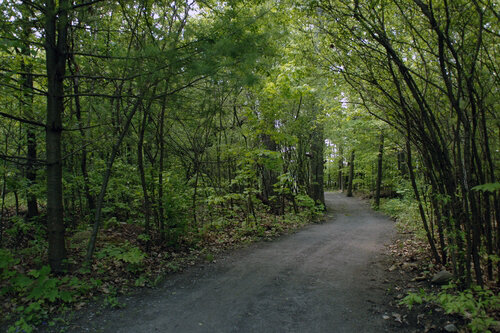
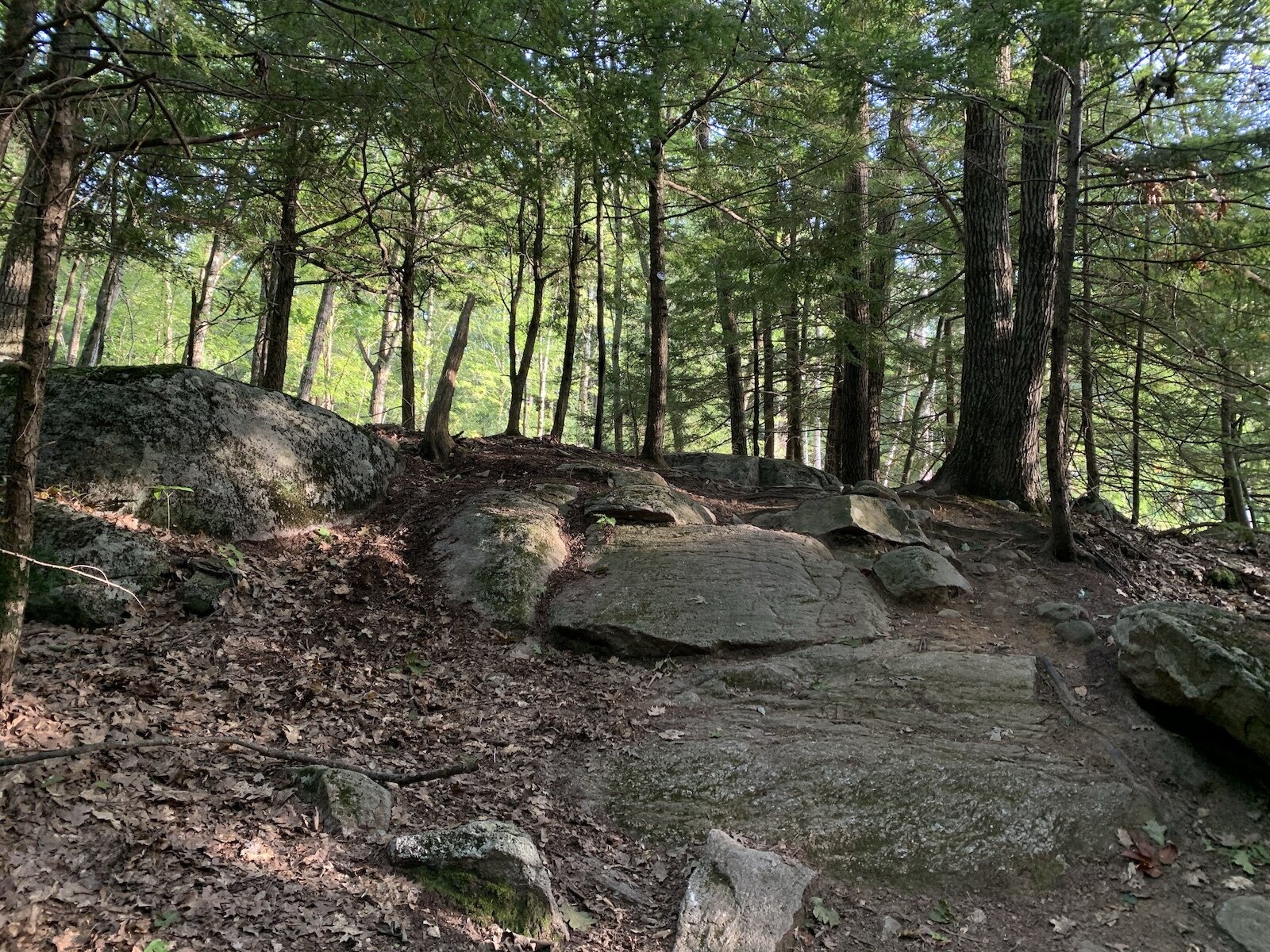
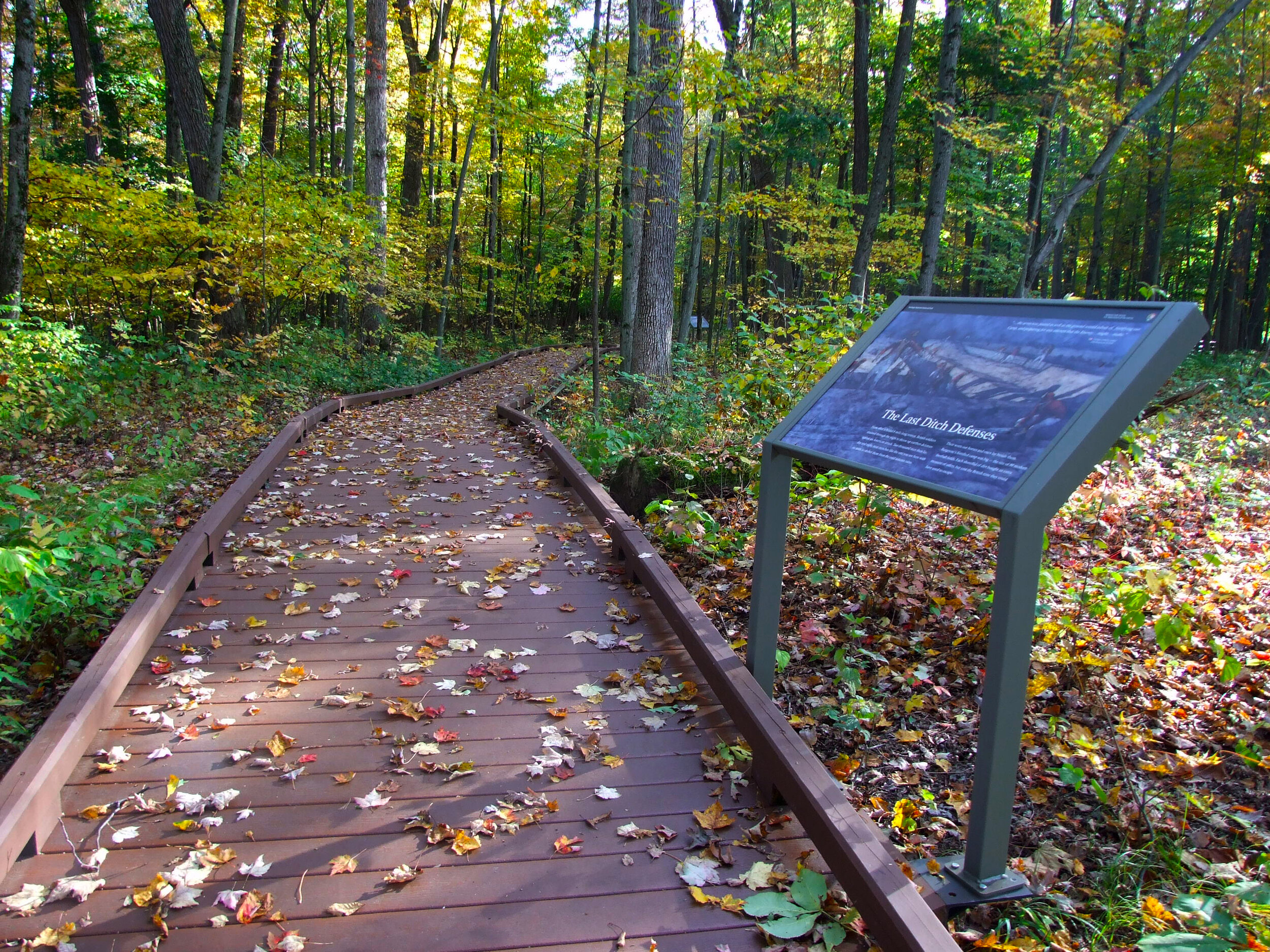
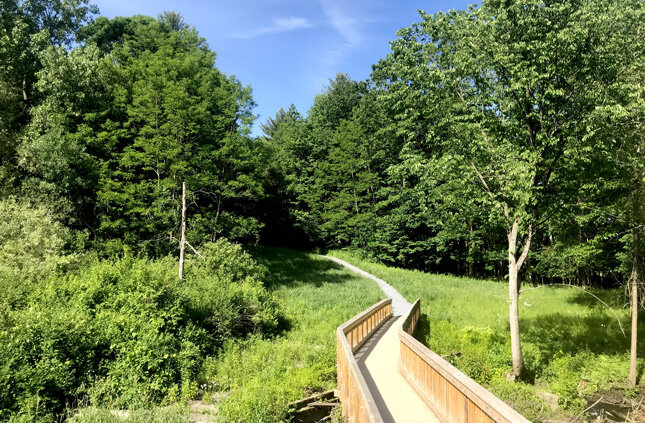
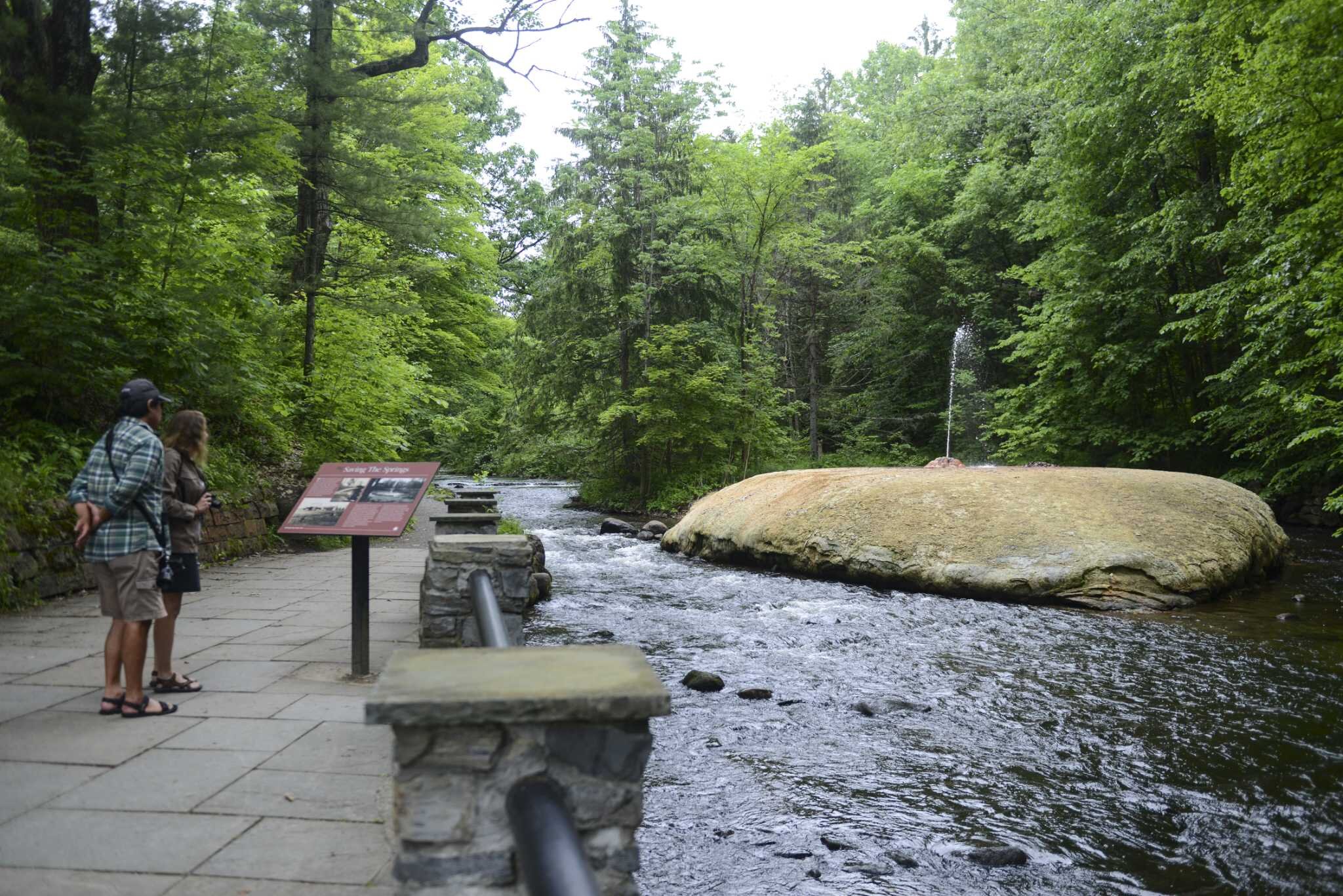
Private Lessons and Masterclasses
+ How many lessons will instrumentalists, composers, and conductors receive?
+ I was accepted as an instrumentalist, but I'm also a composer. May I pay to take lessons with composition faculty members?
+ Is it possible to apply in two or more different areas (composer and performer, performer and conductor, instrumentalist and singer, etc.)?
+ I missed my appointed meeting time with a faculty member. Can I schedule a make-up?
+ The faculty member missed our meeting. What do I do?
Composer Rehearsals
+ How much time will each composers' work receive?
+ If my piece needs extra rehearsals, is that possible?
Recordings
+ Are there extra costs to obtain recordings?
+ May I post my audio recording on my website?
+ May I use the audio recordings and online video links for applications, such as for colleges, academic positions and grants?
+ May I sell MMF audio recordings?
+ May I give my audio recording out freely to my friends, family and colleagues?
+ May I rip video from YouTube and repost on a social media site or my site?
+ May I record the rehearsals, readings and performances?
+ Are there rules and guidelines for posting audio, video links, or images on social media?
Practicing & Building hours
+ What are hours for Zankel Music Center?
+ What are hours for the MMF Office?
+ Are practice rooms provided?
+ Can I reserve a practice room?
+ Are pianos provided?
+ Do I have to bring my own music stand?
For Composers
+ Is there anything composition-related I should bring?
+ Will there be opportunities for composers and performers to meet and interact and share ideas?
+ Will there be opportunities for composers to present on their works?
+ If my assigned ensemble is American Modern Ensemble, may I compose for a subset of the ensemble listed on the Composer's Corner page?
+ I changed my mind about which chamber ensemble I would like to write for after I submitted by signed letter of agreement. May I switch to a different ensemble?
+ What if my piece, either a chamber work or for the orchestral reading, is slightly over the 8 minute specified duration?
+ If my piece for the orchestral readings has a solo part, such as a movement from a concerto, may I perform the solo part for the reading, or provide my own soloist?
+ When will composers find out which orchestal pieces that were read during the readings are selected for performance?
For Conductors
+ What should I expect for the orchestral readings?
+ How many pieces will I conduct on the readings?
+ Will any of the pieces that are read be performed at the festival?
+ What should I expect for the AME concerts?
+ Are there any other chances to conduct?
+ Should I consult with the composers before the orchestral readings and AME performances?
+ Will I receive video and audio of my conducting?
Concert Details
+ What is the Mostly Modern Orchestra concert attire?
+ May I attend someone else's rehearsals or readings?
+ Are composers and performers allowed to schedule extra performances and readings during the festival?
+ Am I required to attend all rehearsals and other events?
Concerto Competition
+ Do I need to submit and perform the same piece for the concerto competition that I would play if I won the competition?
+ There is no piano reduction or recording without the solo part for the concerto I want to perform. Can I still audtion with that piece?
Credit and Licensing Agency (ASCAP and BMI) Info
+ For composers: how should I credit performances or readings when mentioning MMF on my bio, resume or site, or in my sheet music?
+ I attended the festival but forgot to save programs, and I need them for my files and/or to submit them to ASCAP or BMI. How do I obtain them?
WiFi and Cellular Access
+ Is there WiFi and cellular access on campus?
Printing and Copying
+ May I use the MMF office printer?
Info for Those with Special Needs/Non-Discrimination Policy
+ Are you able to accommodate those with disabilities?
MMF reserves the right to dismiss any applicant from the festival at any time, with no refund, for any reason whatsoever, including but not limited to disorderly conduct, breaking MMF's rules, breaking local, state or federal laws, or for not adhering to Skidmore College's rules and regulations.
Still have questions?
No problem! Just fill out the form below and we will get back to you as soon as we can.
